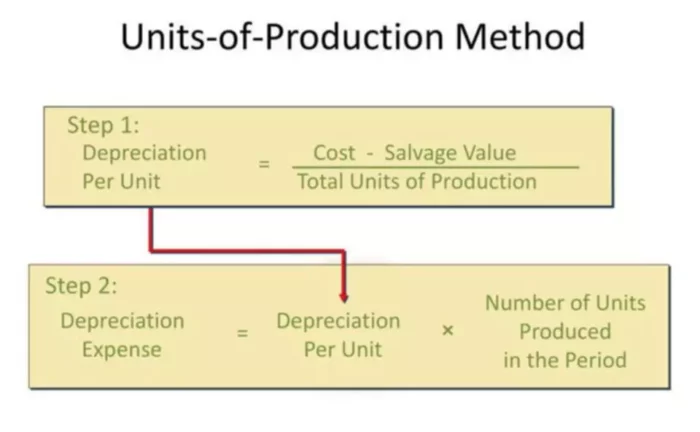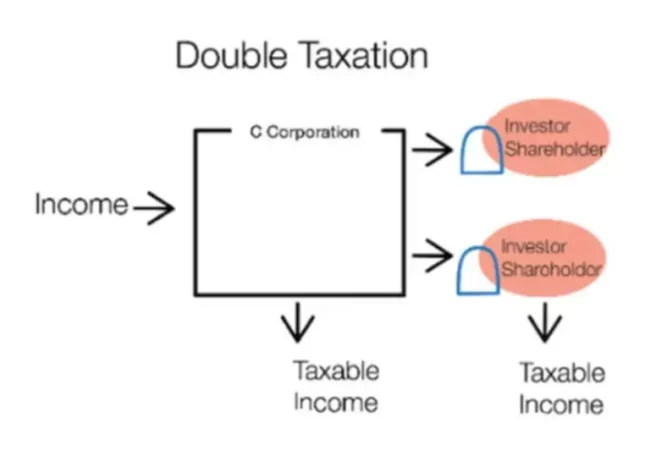
There are several types of accounting certifications that accountants obtain to expand their skill sets and gain positions within larger organizations. In addition to CPA credentials, other common accounting designations are chartered financial analyst (CFA) and certified internal auditor (CIA). Generally, accountants must have a degree in accounting or finance to earn the title. Double-entry bookkeeping records all transactions twice, usually a debit and a credit entry. Typically, double-entry bookkeeping uses accrual accounting for liabilities, equities, assets, expenses and revenue.

What services can English-speaking accountants and bookkeepers in the Netherlands help me with? English-speaking accountants and bookkeepers in the Netherlands offer a wide range of services, including bookkeeping, tax compliance, payroll administration, and financial planning. Modern accounting software is the repository of all financial transactions for your company and can generate requisite reports in real-time. So even if you have accounting software, odds are, you still need a bookkeeper to manage the software, enter data, file reports, identify errors and keep everything current. The core function of a bookkeeper is to ensure that all bills are paid on time, transactions are recorded correctly, payroll runs on time and taxes are filed correctly. So if you’re looking to hire a bookkeeper, it is essential to create a bookkeeper job description that fills your recruitment funnel with ideal candidates as quickly as possible.
Bookkeeping vs. accounting
Keeping the books is just one of the tasks modern bookkeepers might handle. Below is a sample bookkeeper job description that you can customize to meet the needs of your business. You might need only some or all of these services that can be part of the job of a bookkeeper. How your business operates is unique, and your bookkeeping follows suit. Whether you hire an accountant, a bookkeeper or both, ensure they’re qualified by asking for client references, checking for certifications or performing screening tests.
- If you’re thinking about hiring a bookkeeper or want to clean up your business books, there are different bookkeeping types that can suit your needs.
- The core function of a bookkeeper is to ensure that all bills are paid on time, transactions are recorded correctly, payroll runs on time and taxes are filed correctly.
- If you prefer to go it alone, consider starting out with accounting software and keeping your books meticulously up to date.
- A strong endorsement from a trusted colleague or years of experience are important factors when hiring a bookkeeper.
- Other small businesses hire a bookkeeper or employ a small accounting department with data entry clerks reporting to the bookkeeper.
- Today any bookkeeper worth their beans uses some kind of software platform to track finances.
You may be able to learn useful skills from volunteering to help organise a small charity’s finances. At your request, QuickBooks will conduct a full evaluation of your bookkeeper’s work. Let’s explore what bookkeepers do, some of the benefits of bookkeeping, and your options for using a bookkeeper. According to the BLS, the median salary for an accountant in 2021 was $77,250 per year or $37.14 per hour. However, their years of experience, your state and the complexity of your accounting needs affect the price.
Difference Between Bookkeeper and Accountant
They must also meet ongoing education requirements to maintain their accreditation. There is a difference between an accountant and a certified public accountant (CPA). Although both can prepare your tax returns, a CPA is more knowledgeable about tax codes and can represent you if you get audited by the IRS.

Find out what bookkeepers do, and get an intro to double-entry bookkeeping. You should consult your own professional advisors for advice directly relating to your business or before taking action in relation to any of the content provided. Certifications aren’t necessary to become a bookkeeper but can signal to employers that you have the training and knowledge to meet industry standards.
To choose accounting software, start by considering your budget and the extent of your business’s accounting needs. The NACPB offers credentials to bookkeepers who pass tests for small business accounting, small business financial management, bookkeeping and payroll. It also offers a payroll certification, which requires additional education. Today any bookkeeper worth their beans uses some kind of software platform to track finances.
Alternative titles for this job include Accounts clerk
A bookkeeper, however, is not permitted to have a particular educational background to call himself a bookkeeper. An accountant has a controlling role and this is a legally protected profession. Bookkeepers offer support to several organizations, including small businesses, nonprofits, and corporations. They are vital to managing a business’s finances by documenting transactions, generating reports, and assisting with accounting efforts.
At the end of the course, you’ll receive a professional certificate, which you can put on your resume to demonstrate your skills and accomplishments to potential employers. If you opt for bookkeeping software—like Quickbooks—keep in mind the time commitment required to learn how to properly use the program. While these programs are cost effective, you are paying with your time.
Get started in bookkeeping
In either case, consider handling the accounting yourself or delegating this responsibility to one or a few of your current employees. A bookkeeper with professional certification shows they are committed to the trade, possess the skills and expertise required and are willing to continue learning new methods and techniques. There are no formal educational requirements to become a bookkeeper, but they must be knowledgeable about financial topics and accounting terms and strive for accuracy.
